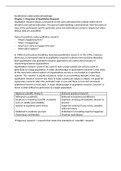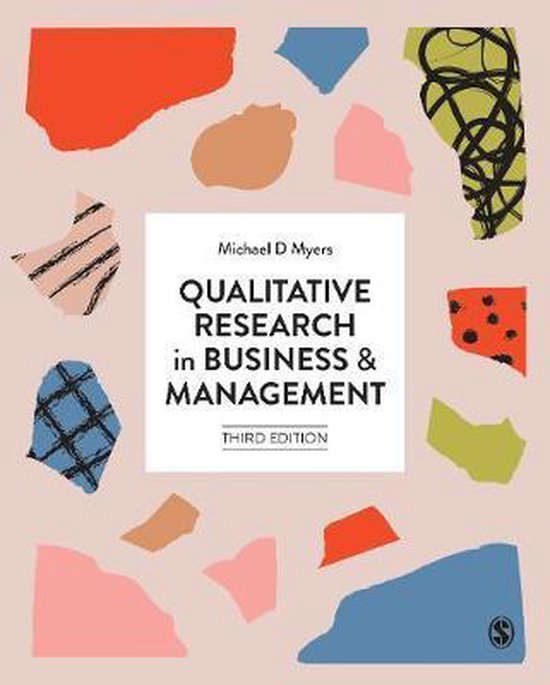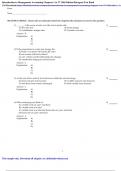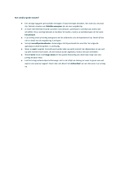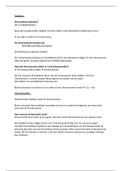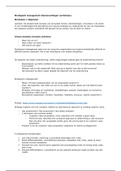Samenvatting
Samenvatting Kwalitatieve Onderzoeksmethodologie MAN-BPRA347 - Business Administration 2022/2023
- Instelling
- Radboud Universiteit Nijmegen (RU)
Uitgebreide samenvatting Kwalitatieve Onderzoeksmethodologie MAN-BPRA347, 2022/2023 Samenvatting van de verplichte literatuur Myers (2020), Bleijenbergh et al. (2022), Evers & De Boer (2012) en alle hoorcolleges.
[Meer zien]
